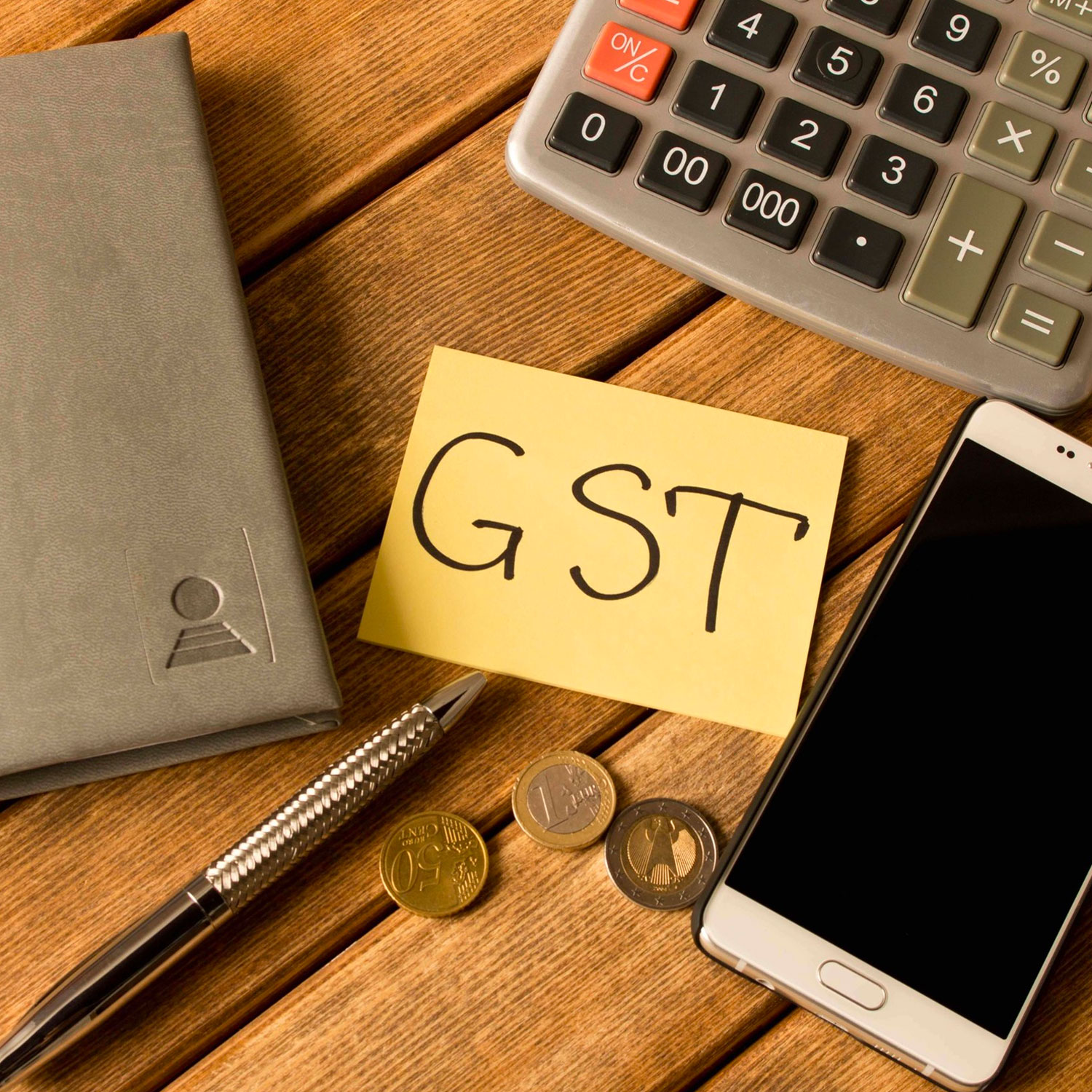From July 1, 2018, new legislation officially rolls out extending to GST charges for Facebook Advertising.
How it effects you
There are a few ways it effects everyone – keeping in mind Facebook’s billing period for July doesn’t actually roll over until August 1, 2018.
IF YOU’RE GST REGISTERED
Here are the important points to note:
- If you are a business with an ABN and are registered for GST, you won’t be charged GST on ad purchases.
- When you supply Facebook with your ABN, this confirms your business is GST registered, using Facebook Advertising for business and shouldn’t be charged GST on Facebook advertising.
- While the July billing period doesn’t end until August 1, to avoid being charged GST on any ad spending, make sure you register your ABN before the August 1 date.
- If you register your ABN after August 1, you will be charged GST and won’t be able to collect the refund from Facebook.
- Facebook doesn’t know the full details and expectations of the ATO, so ask your bookkeeper and accountant for any help and advice.
- For multiple Facebook Ad accounts, you’ll have to add your ABN to each account to avoid GST charges.
HOW TO ADD YOUR ABN
If you haven’t added your ABN, follow these steps:
- Go to your Ad Account Settings in Ads Manager.
- In the ABN field, enter your ABN.
- Click Save Changes.
- Do the happy Facebook ABN Registered dance.
IF YOU’RE NOT GST REGISTERED
For GST-Non Registered (GST-NR) businesses, GST will be added in addition to your Facebook Ad spend. So if you spend $100, $10 GST will be added on top, bringing the total to $110. Given the billing period for July does not end until August 1, all any outstanding ad costs and GST from July will be included.
Billing
To look over the Billing Section of your account, you can view the Billing section of your Ads Manager here. Your Facebook advertisement receipts will show the amount you’ve paid in GST in addition to your ad spend and payments.
What tax?
Welcome to the brand new and shiny age of buying music, TV, clothes, e-books, films, toys, games and services from the comfort of your own home through your computer and streaming devices. Ever since online shopping and streaming took over our phones, tablets and smart TVs, the bricks-and-mortar retail (particularly Harvey Norman’s Gerry Harvey), media and digital services industries have been up in arms. In May 2016, the government came up with a solution – the Tax and Superannuation Laws Amendment (2016 Measures No. 1) Act 2016. In normal speak, this meant applying a 10% GST tax to all digital products and services purchased from overseas companies. While local companies are subject to Australia’s 10% GST laws, digital global companies have managed to avoid this on a neat little technicality – by not being in Australia. But no longer.
The legal stuff
The new law of GST On Low Value Imported Goods applies with the following changes:
- supplies of goods valued at A$1,000 or less at the time of supply connected with Australia if the goods are purchased by consumers and are brought into Australia with the assistance of the supplier
- treating the operator of an electronic distribution platform (EDP) as the supplier of low value goods if the goods are purchased through the platform by consumers and brought into Australia with the assistance of either the supplier or the operator
- treating re-deliverers as the suppliers of low value goods if the goods are delivered outside of Australia as part of the supply, and the re-deliverer assists with their delivery into Australia as part of a shopping or mailbox service that it provides under an arrangement with the consumer
- allowing non-resident suppliers of low value goods that are connected with Australia to elect to access the simplified registration and reporting system prevent double taxation*
Out of all the official legal speak, the government is targeting global corporations avoiding the loophole of paying GST to capture overseas digital transactions. Expectations of more than $300 million in revenue will be added to the ATO coffers across the next four years, shared between the states and territories while also creating a fairer playing ground for local retail and streaming suppliers. This means we have to pay 10% GST tax on all online goods bought from overseas – which the majority of online corporate giants are.
For more official legal speak, refer to the ATO Legislation for Tax of GST on Low Value Imported Goods here.
What all this means
On July 1 2017, what was known as the Netflix Tax came into effect. This included all digital and streaming subscriptions and services such as Spotify, iTunes, Apps, TV series, films, music, podcasts, as well as overseas hosting, domain and website subscriptions such as Squarespace, Google, Godaddy or Bluehost.
In 2017, the Netflix Tax specifically targeted digital products and services while in 2018, the delightfully coined eBay Tax targets all goods under $1,000 such as books, games and clothes. Basically, digital material was covered under the Nextflix Tax while the eBay Tax took on physical material and goods. The eBay Tax took an extra year because the government needed to gauge how the Netflix Tax would roll out – or maybe, global conglomerates eBay and Amazon needed the extra 12 months to adjust. And so far, Amazon is not coming to the party while the ATO has compiled a list of 3,000 overseas companies needing to register and collect GST. This has bought about a few issues, including the US and Chinese governments under no obligation to force companies to comply. Even Australia Post is unable to follow the law of goods imported to Australia, as it would make its parcel business operable. But that’s just the fun stuff for the ATO to figure out.
For further details on Facebook Advertising and GST, refer to Facebook’s writeup on Australia’s Goods and Services (GST) Tax here.
If you need help with any aspects of Facebook marketing or eCommerce marketing, then please get in touch with us today. The team at Bright Red Marketing will assist you with all your concerns, helping to develop a winning strategy.




